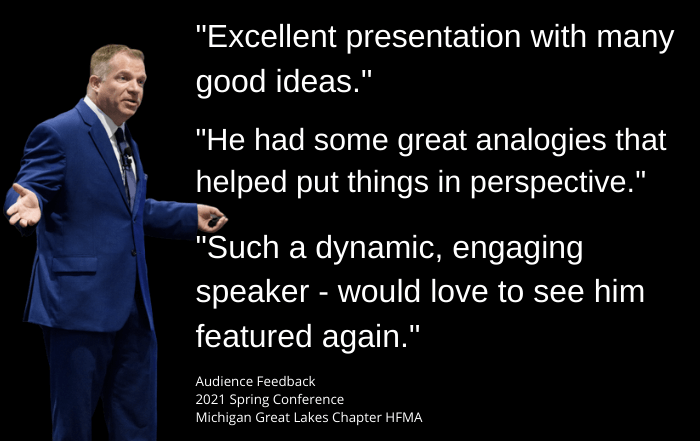 In business it’s important to understand what’s your competition. Competition allows us the chance to gauge our progress and success. From there, we’re able to make adjustments or keep doing more of the same thing.
In business it’s important to understand what’s your competition. Competition allows us the chance to gauge our progress and success. From there, we’re able to make adjustments or keep doing more of the same thing.
However, a lot of leaders focus on the wrong things or too narrow a vision when it comes to your competition. This leads to problems. Let’s examine this challenge in a few different ways.
Your Traditional Competition
When I worked in TV news, we were constantly thinking about the competition. For us, it represented the other TV stations in our market. And specifically for me, it was the other news anchors and reporters.
They were trying to scoop me or perhaps do a story better by getting something like an exclusive interview. We always were beating them or playing catch up.
Think about who represents your local competition. How much attention do you pay to them and do you respect their abilities? And do you spend more time badmouthing them, trying to beat them, or maintain an edge?
Hidden Competition
Your competition may come from an unlikely source. From my TV news example, there was a scenario that most didn’t consider: how people spend their free time.
Some people don’t watch the news. They may prefer a program, like a game show. They may not have the TV on at all. For them, a good book or spending time with family may be more enticing than the local news.
In this example, everyone was competing for people’s attention. As a TV station, we needed to convince people we were a good option, not just the best option among news providers.
Do Resources Define Your Competition?
An inadequate budget may be your biggest competition. If you don’t have the necessary level of resources for success, then you may have a hard time reaching your goals.
Also, staffing may represent a barrier to success. In order to compete for a bigger share of the market, you need the right people to help you get there.
Instead of competing for the top spot in your industry, you may need to first compete for the improved financial and staffing resources.
Do You Need to Think Bigger?
In TV news, many want to advance to a station in a larger market. This meant a bigger paycheck, better operations, and more opportunities.
To get there, you needed to impress a New Director, at the larger station, with the quality of your work. Simply being better than most, in your current job, might not be good enough to get you your next job. You needed to perform like you already had the job you wanted.
In your world, you may be the best in your area at what you do. But how do you stack up against the competition if you go beyond your service area? The results may humble you and hopefully lead to improvement.
Is It You?
Are you someone who needs motivation to get better? Or have you gotten too comfortable with your status quo? Improvement usually involves some kind of change or sacrifice.
Some people may no longer want to push themselves to new heights. That’s okay but realize you’re lowering your success ceiling.






